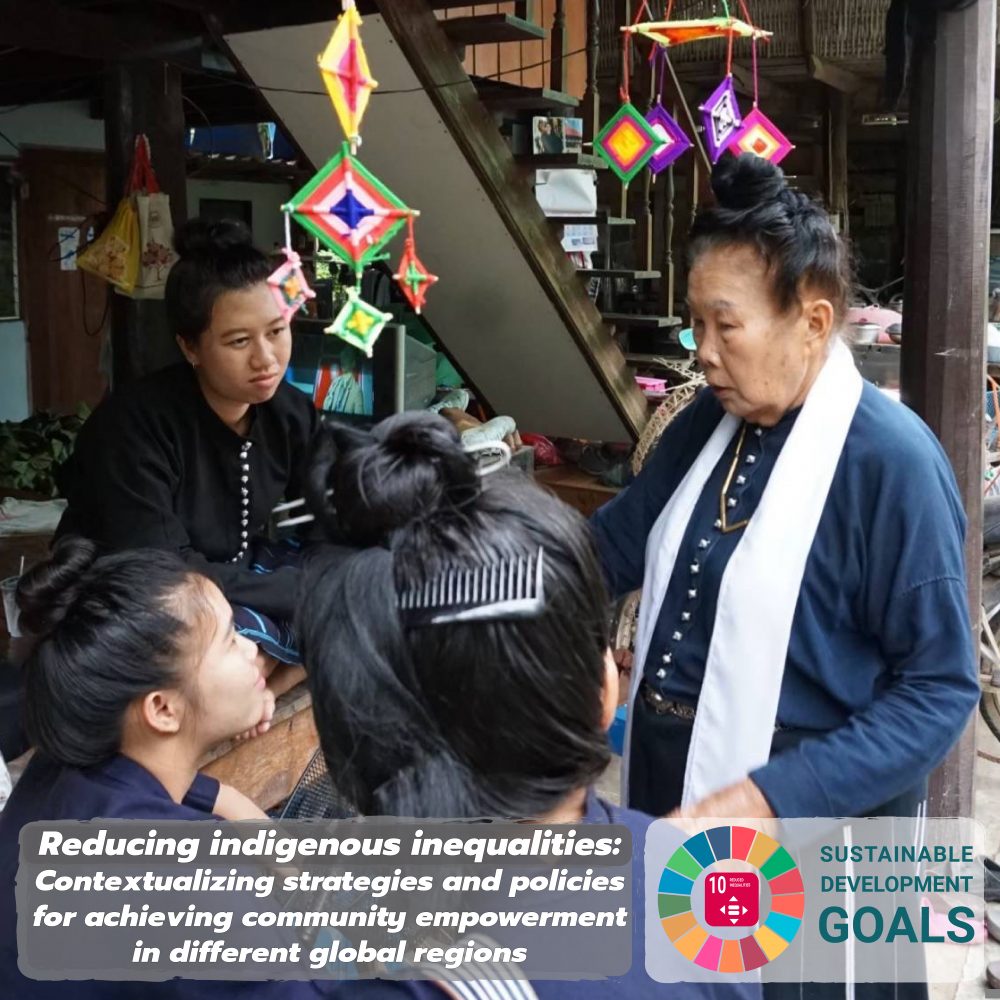
The silencing of Indigenous languages has been part of colonialist efforts to suppress Indigenous cultures and deny Indigenous knowledge. Colonial and postcolonial language and social policies have resulted in personal/community insecurities and impediments, as well as the inequality of resource sharing and the loss of heritage knowledge. Throughout the world, efforts have been made to reclaim indigenous rights in many respects. By far, community empowerment emerges as the key to the sustainability of these efforts.
The design of successful language and culture revitalization programs and effective language policies is contingent on their surrounding socio-cultural-political contexts. Local linguistic and cultural heritage is also seen as an asset, an invaluable form of capital for self- and community development in a creative economy context. Revitalization programs in different regions of the world may address different domestic issues, including social, cultural, political and economic factors. This project, therefore, adopts a comparative approach to examine strategies and policies endorsed in different parts of the world to reduce inequalities in local contexts.
To promote “universal” social, economic, and political inclusion and ensure equal opportunities and end discrimination, both indicators of SDG 10, it is essential that international researchers share, exchange, and review the lessons learned and best practices from different parts of the world.
This collaborative project aims to examine and compare:
- Revitalization approaches and strategies used to empower communities
- Policy making and implementation
- Context-based challenges and solutions
With support from WUN Understanding Cultures Global Challenge Steering Group, we can draw on the wealth and diversity of our experiences; our network of international team members from indigenous communities and academia can become a global team who continue to work together to make a long-term impact and to inform policy on strategies to reduce inequalities and attract future funds.